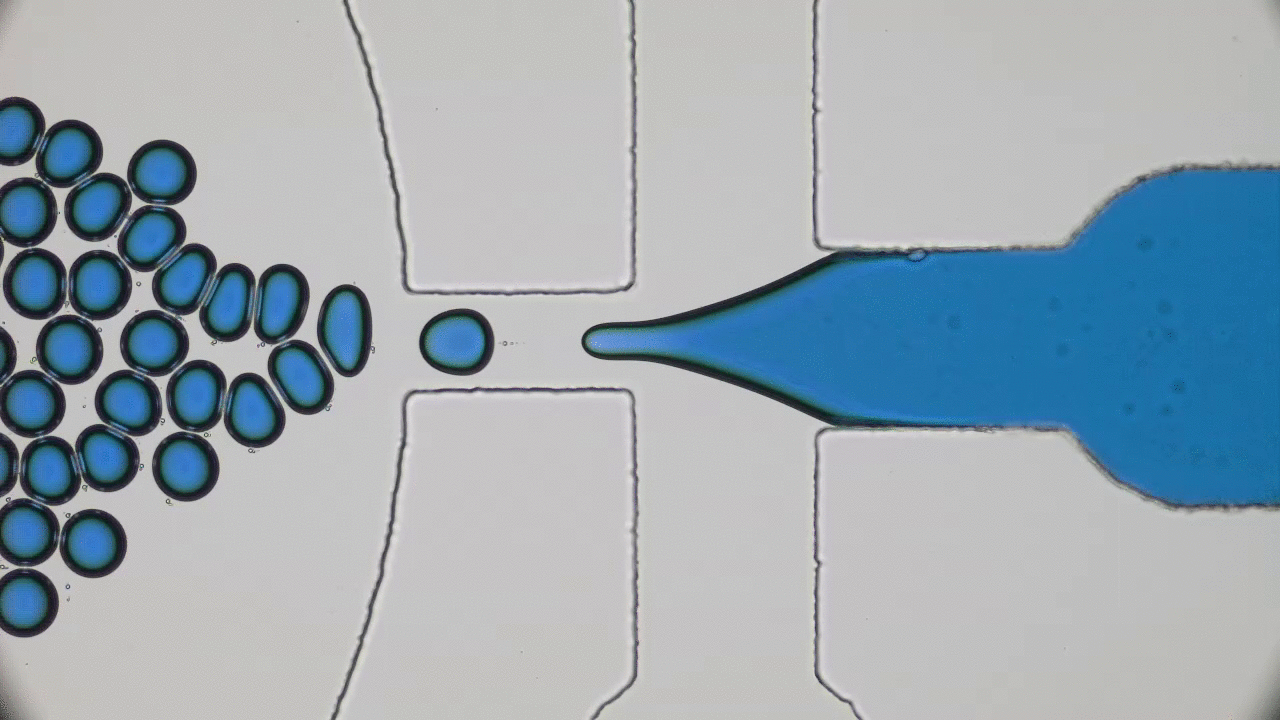Imagine you forget to bring money for lunch, and you overhear a teacher mention that there is free pizza somewhere on the third floor of your school. If you’re alone, you might walk around the third floor, trying to detect signs of pizza – does a room smell delicious? Do you see a suspicious stack of pizza boxes by the door to the gym? Just by using your senses, you can find the pizza. However, it is likely that there are other students on the third floor who also want free food. Maybe if you follow a crowd of students all walking in the same direction and talking about whether they want a Hawaiian or pepperoni slice, they might lead you directly to the pizza!
Which of these methods will be more effective? Following environmental signals, such as the smell of cheese, or social signals, such as the people all heading in the direction of potential pizza? In “Emergent Sensing of Complex Environments by Mobile Animal Groups,” Andrew Berdahl and colleagues seek to find out how searching in groups enhances the sensing ability of animals.
How swimming bacteria spin fluid
In today’s study, Dunkel and his colleagues investigate how bacteria can make flow patterns that look turbulent – chaotic and full of vortices – even though bacteria are tiny and slow. The bacteria push the fluid around as they swim and create vortices, spinning regions in the fluid. The 5 ?m long bacteria create vortices with diameters of 80 ?m by swimming at the speed of 30 ?m/s!
Fluids That Flow Themselves
When we think about fluid flow, we generally think of motion in response to some external force: rivers run downhill because of gravity, while soda moves through a straw because of the pressure difference created by sucking on one end. Recently, however, scientists have become interested in a class of fluids that have the capacity to move all by themselves — the so-called “active fluids.” In this paper, Kun-Ta Wu and his co-workers explore how such a material can turn its stored chemical energy into useful work: cargo transport.




